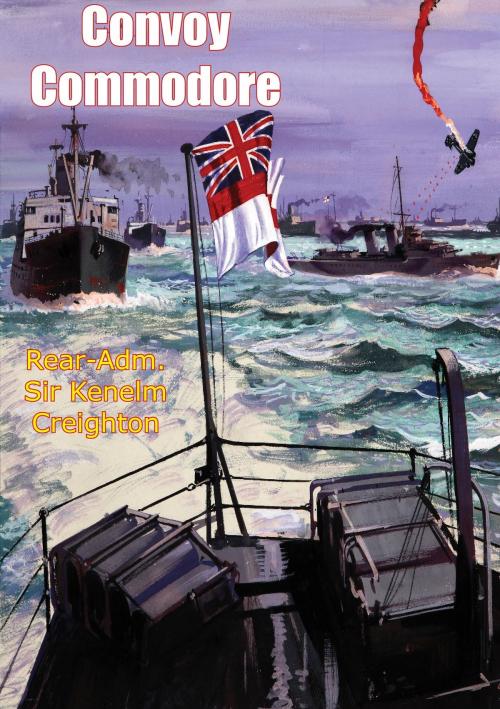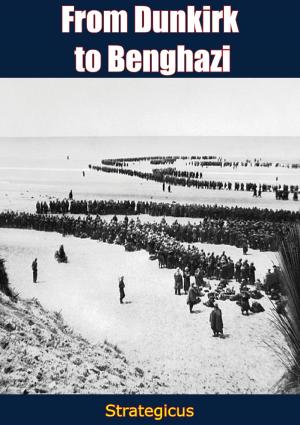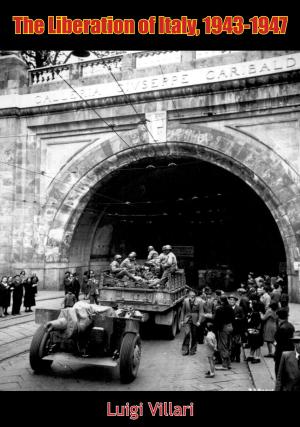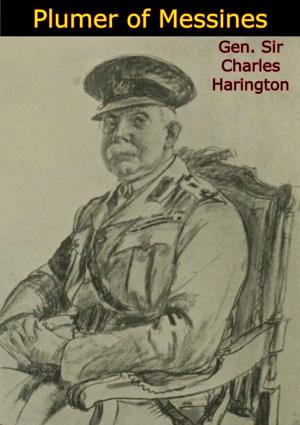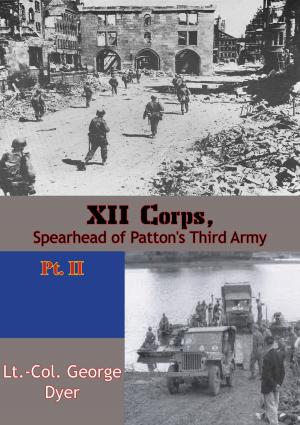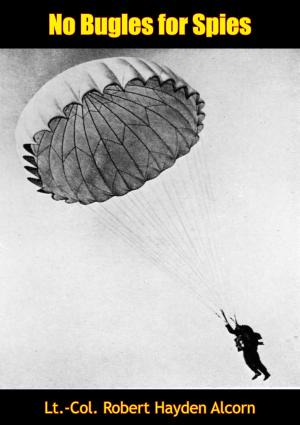| Author: | Rear-Adm. Sir Kenelm Creighton | ISBN: | 9781787209213 |
| Publisher: | Arcole Publishing | Publication: | January 12, 2017 |
| Imprint: | Arcole Publishing | Language: | English |
| Author: | Rear-Adm. Sir Kenelm Creighton |
| ISBN: | 9781787209213 |
| Publisher: | Arcole Publishing |
| Publication: | January 12, 2017 |
| Imprint: | Arcole Publishing |
| Language: | English |
On September 4, 1939, Admiral Creighton, who had retired from the Navy five years earlier, reported again to the Admiralty for service as a Commodore of Ocean Convoys. In the following three years he conducted 24 convoys to various parts of the world.
The greater part of this time was spent on the North Atlantic route with its violent storms and the continual menace of U-boat attack. But there were other destinations, such as Suez via the Cape of Good Hope, and Casablanca—where the convoy sailed to repatriate 15,000 French troops after the fall of France, and found itself under arrest. In 1941 Admiral Creighton narrowly escaped with his life when the ship he was in was sunk by a U-boat near Gibraltar. Another ship in which he was travelling as a passenger, accompanied by his wife, was torpedoed and sunk by German aircraft.
Besides a wealth of personal experiences Admiral Creighton gives us a broader picture of the work done by convoys throughout the last war. From his senior position, and with an intimate knowledge of the subject, he is able to convey graphically the true nature of this dangerous and vital task.
“Rear-Admiral Creighton served for the three opening years of World War II as Commodore of ocean convoys, mainly in the dour North Atlantic. He was twice sunk, once near Gibraltar, the second time when going to take up a final appointment in Egypt. His narrative is enthralling....The life of an ocean commodore in war has rarely been described in detail; its responsibilities have never been better conveyed.”—British Book News
“Twenty-five convoys...some fast, most of them slow, some to hot climates, but mostly that gruelling trip across the Atlantic to Halifax, Nova Scotia, in the face of westerly gales, snow and ice which were often worse enemies than the U-boats.”—Evening News
On September 4, 1939, Admiral Creighton, who had retired from the Navy five years earlier, reported again to the Admiralty for service as a Commodore of Ocean Convoys. In the following three years he conducted 24 convoys to various parts of the world.
The greater part of this time was spent on the North Atlantic route with its violent storms and the continual menace of U-boat attack. But there were other destinations, such as Suez via the Cape of Good Hope, and Casablanca—where the convoy sailed to repatriate 15,000 French troops after the fall of France, and found itself under arrest. In 1941 Admiral Creighton narrowly escaped with his life when the ship he was in was sunk by a U-boat near Gibraltar. Another ship in which he was travelling as a passenger, accompanied by his wife, was torpedoed and sunk by German aircraft.
Besides a wealth of personal experiences Admiral Creighton gives us a broader picture of the work done by convoys throughout the last war. From his senior position, and with an intimate knowledge of the subject, he is able to convey graphically the true nature of this dangerous and vital task.
“Rear-Admiral Creighton served for the three opening years of World War II as Commodore of ocean convoys, mainly in the dour North Atlantic. He was twice sunk, once near Gibraltar, the second time when going to take up a final appointment in Egypt. His narrative is enthralling....The life of an ocean commodore in war has rarely been described in detail; its responsibilities have never been better conveyed.”—British Book News
“Twenty-five convoys...some fast, most of them slow, some to hot climates, but mostly that gruelling trip across the Atlantic to Halifax, Nova Scotia, in the face of westerly gales, snow and ice which were often worse enemies than the U-boats.”—Evening News
